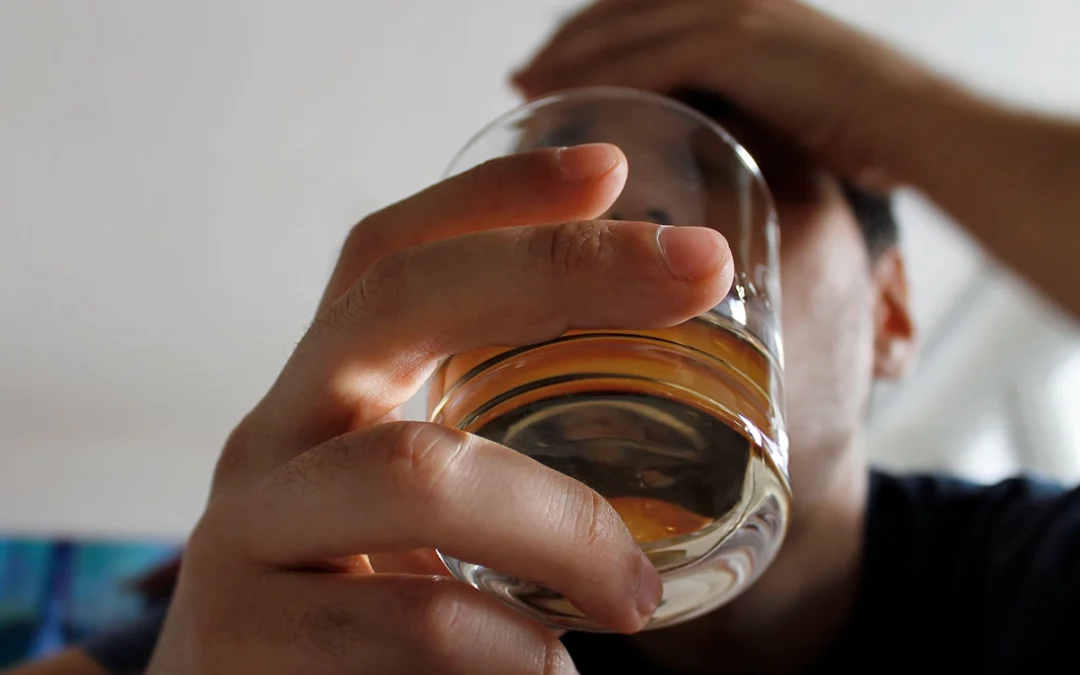A wise teacher once told me, “Anything can take you away from yourself, or toward yourself.” That line has stayed with me for years. Because the truth is — anything can be addictive. It’s not just drugs or alcohol. It can be exercise, meditation, even time in nature. So how do we know when something’s becoming a problem? When does it shift from support to escape?
What Does It Mean to Be “With Yourself”?
Let’s start here — not with the addiction, but with the self. Being with yourself feels like authenticity. You’re relaxed. Attentive. Focused. You breathe deeply without trying. You move through life aligned — not needing to perform, hide, or check out. It feels safe to be you, even in a tough moment.
A teacher once described this as “being in the current of goodness.” It’s not about perfection — just about being home in your own skin.
When Do We Start to Leave Ourselves?
Most of us don’t bolt from our bodies on purpose. It starts subtly: We get overwhelmed. Lonely. Anxious. Our feelings become too big or too raw to hold. And we instinctively reach for something — anything — to shift the feeling.
Sometimes that “something” is exercise, Netflix, a glass of wine, or three. Sometimes it’s a run, a meditation session, a scroll through social media. These aren’t bad things. But the intention behind them matters.
Ask yourself:
– Am I using this to connect with myself, or to avoid myself?
– Do I feel more whole after, or more numbed out?
– Will I feel regret tomorrow for saying yes to this today?
These questions hold deep wisdom. Because addiction isn’t just about what we do — but how it affects our ability to feel present, alive, and real.
The Gray Area: When “Good” Habits Become Harmful
Even the things we call “healthy” can take us away from ourselves. A runner might need to run to be nice to their loved ones. A meditation practice might become a spiritual bypass — a way to float above pain instead of feeling it. Nature lovers (like those I met hiking the Appalachian Trail) might feel completely lost once they’re back in the “real world.”
The merit isn’t in the activity — it’s in how it holds you. Does it bring you into deeper connection with your body, your truth, your life? Or is it just helping you tolerate the day?
My TV Confession
I love curling up with my husband and watching detective series. It’s cozy, connective, nourishing. We cuddle. We laugh. We share a story.But if I watch too much, I pay the price. I wake up foggy. Low. Dull. Disconnected from my body and the people around me the next day. That’s when I know I’ve crossed the line — not because TV is “bad,” but because I’ve abandoned myself in the process.
The Key is Boundaries, Not Shame
A good question to ask:
“Am I abandoning myself by saying yes to this?”
It’s not about labeling things “bad” or “good.” The shame cycle just drives us back into the very thing we’re trying to avoid. For example. “When I drink, I’m bad, when I don’t, I’m good” is a black and white way of thinking that can led to a rollercoaster ride of who you are as a person. The goal is belonging to yourself, no matter what.
When you’re grounded in your own worth, you naturally make better choices. Not perfect ones. Not always easy ones. But choices that come from care, not overwhelm.
A Dose of Shamanic Wisdom
A shaman was once asked, “What is poison?”
He replied, “Anything beyond what we need.”
Sometimes we need to check out. That’s okay. But the question is always: do we know how to come back?
Final Thoughts: What You Nurture, Will Grow
Addiction is not always a dramatic rock bottom. Sometimes it’s just the quiet drip of moments where we slowly leave ourselves behind. But healing isn’t about cutting everything out. It’s about building a relationship with what truly brings you home.
Where you nurture your life, will grow.
So choose to nurture what brings you presence, in the amount that brings you presence. And meet your own habits with honesty, not harshness. Curiosity, not condemnation. You don’t have to be perfect – just brave enough to keep returning to your true self.

